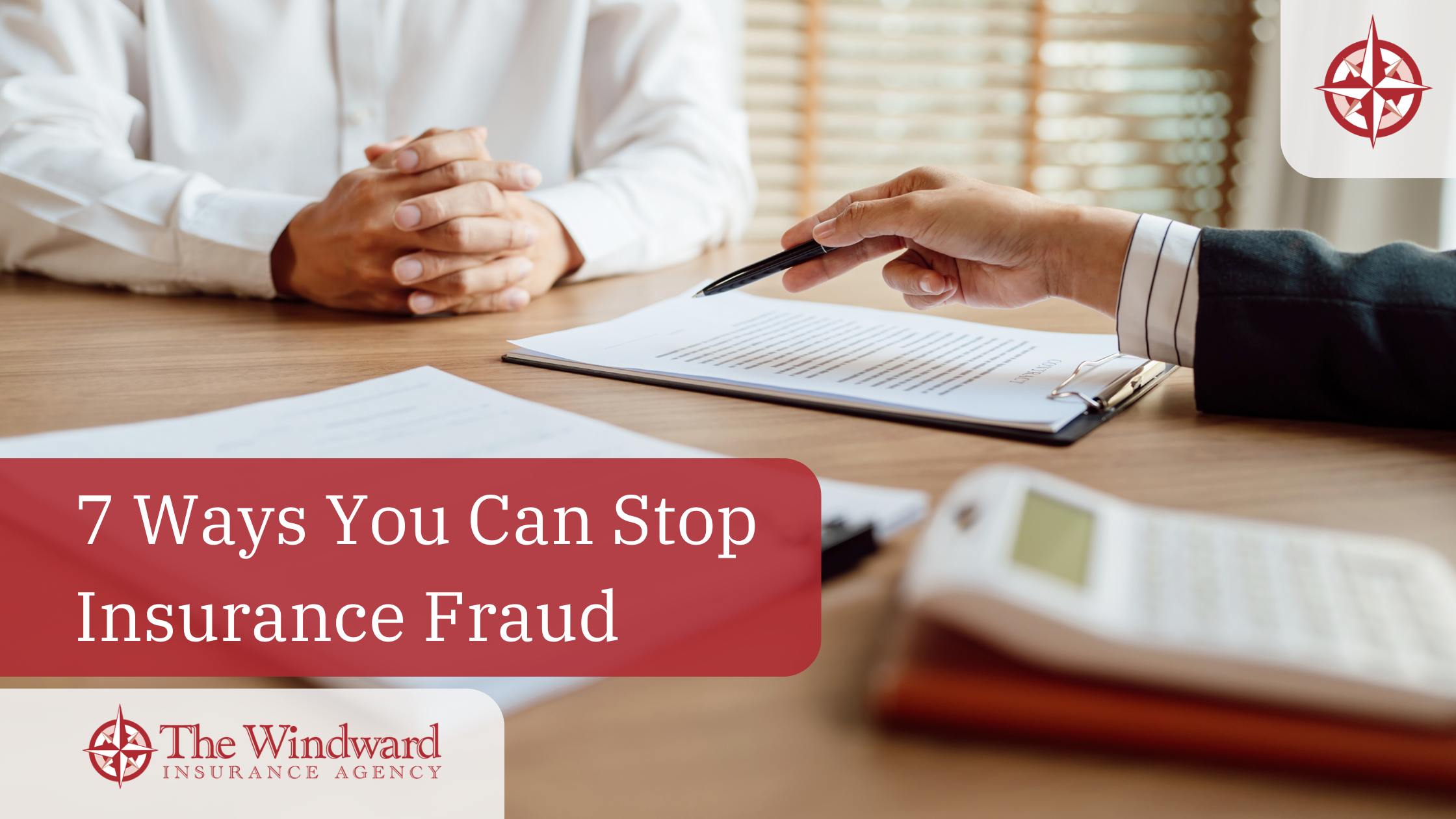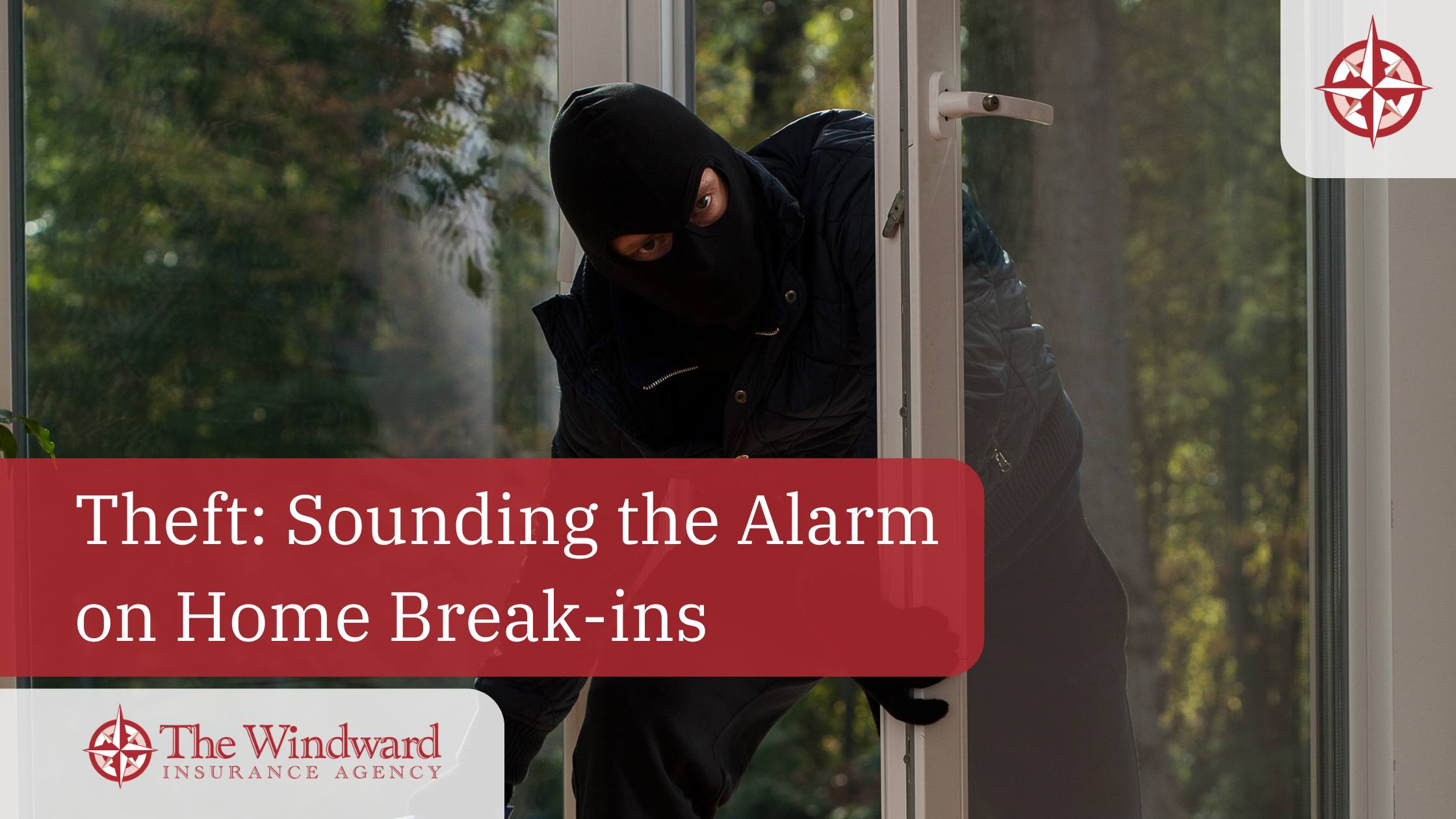For insurance fraud to be successful, it relies on a homeowner’s lack of understanding and misinformation. Educating yourself about the various known schemes and deceptions is the first necessary step to stop insurance fraud.
What Is Insurance Fraud?
What do we mean when we talk about insurance fraud? At its most basic, fraud occurs when someone uses deliberate deception to obtain a benefit or payment they’re not entitled to. The most common type of insurance fraud involves homeowners making untrue or exaggerated claims, such as inflating the value of damaged property in an otherwise legitimate claim, adding previously damaged items into a current claim, or other falsehoods.
But insurance fraud can also target homeowners as well as insurers – such as when third parties attempt to entice a property owner to join them in deceiving an insurer. For example, you might be approached by a contractor or repairman who offers you a kickback of sorts – such as waiving your insurance deductible – by either inflating their invoice to the insurer or eating the cost of your deductible. In the latter case, homeowners suffer because corners are cut to make up for the loss, usually with subpar labor or materials. However, the real problem is the person making the offer is committing insurance fraud and dragging the homeowner unwittingly into their deception.
What follows are seven ways you can help stop insurance fraud:
1. Speak Up If Something Looks Off
If you suspect insurance fraud or if someone approaches you with a deal like the above (or anything sounding too good to be true), report it. The easiest way to do this is by calling Florida’s Insurance Fraud Hotline at (800) 378-0445 or submitting a report online at www.fraudfreeflorida.com. Your efforts to stop insurance fraud could make you eligible for up to $25,000 in Florida Fraud Fighter rewards.
2. Stay Updated on Scams
Remaining vigilant is key to helping stop insurance fraud. The more you know about common schemes, the easier it is to recognize, avoid, and report them. Florida’s Insurance Consumer Advocate Tasha Carter provides a wealth of resources online, including guidance onhow to stop insurance fraud and red flags to watch for, such as contractors who:
- Provide only a vague estimate with no details
- Pressure you to make a quick decision (e.g., “today only” pricing)
- Lack a permanent business location or show up in unmarked vehicles
These warning signs aren’t hypothetical. In July 2025, Sarasota County investigators revealed an unlicensed contractor, Justin Hoover of J&J Screens LLC, scammed nearly 40 Hurricane Ian victims out of more than $100,000 by taking deposits for repairs he never started. He was later sentenced to five years in prison and ordered to pay restitution.
3. Verify Contractor Credentials
Contractors working in Florida must be licensed by the state’s Department of Business and Professional Regulation (DBPR). You can verify there is a current license in effect for the person or company you’re considering using for home repairs by visiting www.myfloridalicense.com or calling (850) 487-1395. Contractors performing roofing, plumbing, and air conditioning work – as well as general contracting – must be licensed by the DBPR.
4. Use Trusted Recommendations Only
Use only reputable repair professionals, such as contractors who are licensed and insured. Be especially aware of unsolicited repair service companies, especially after a hurricane or other disaster in your area. If you’re unsure where to begin, contact the insurance professionals at The Windward Insurance Agency; we can help steer you in the right direction.
5. Be Wary of Cash-Only Deals
It's never a good idea to pay cash for home repairs. Doing so can make it hard to prove you paid at all, potentially leaving you without recourse if the job is done poorly, left unfinished, or not performed at all. In addition, don’t pay the full amount due up front, and think twice about providing a large deposit. In Florida, a contractor who collects more than 10% up front must apply for a permit within 30 days and start work within 90 days. Finally, don’t make the final payment until the work is completely done.
6. Secure Your Personal Information
Don’t share your policy details or personal information with unauthorized people, such as the contractor performing work on your home. As a homeowner, you should already have an inventory of all valuables in your home. Make sure this list is comprehensive and includes serial numbers, descriptions, the date purchased and amount purchased for, along with photos and videos. Doing so can protect you against suspicion of fraud by verifying ownership and value of the property in the event you have to make a claim with your insurance company.
7. Remain Honest
Especially when applying for insurance or when making a claim, avoid exaggeration or falsifying info. This includes being honest about:
- Claims history
- Occupancy
- Circumstances surrounding a claim (date of occurrence, property value, etc.)
- Don’t make deals with repairmen to avoid paying your deductible
Being as honest and up-front as possible is always the best bet. Otherwise, playing fast and loose with the truth could result in policy cancellation and legal consequences for insurance fraud.
You Can Help Stop Insurance Fraud in Florida
Approximately 10% of property-casualty insurance claims are estimated to be fraudulent. This is not a victimless crime. The cost of insurance fraud is ultimately passed along to consumers, who end up paying higher insurance premiums. To cover the cost of insurance, families often pay hundreds of dollars more each year due to fraud, according to FBI estimates.
The industry pros at The Windward Insurance Agency can walk you through what’s appropriate when it comes to homeowners, condo, renters, auto, boat, and other types of insurance – as well as help you avoid falling victim to insurance fraud. To find out more, get a quote with us online now or call us at (866) 231-2433 for immediate personal assistance.





